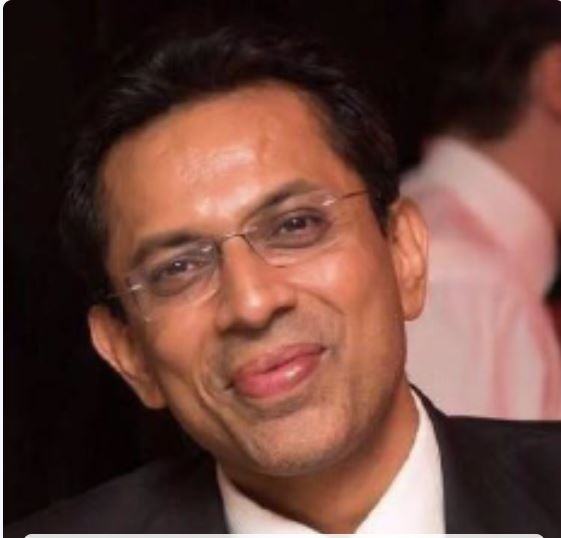Heathrow fire incident disruption—with over 1,300 flights cancelled and 300,000 passengers affected—has forced us to re-examine our approach to risk management and technological advancement. As industry leaders invest billions in AI-powered predictive maintenance and real-time monitoring systems, we are reminded that even the most advanced tools cannot create an entirely flawless system.
The Elusive Quest for Perfection
Historically, perfection has been the goal—a system so precise that disruptions become a relic of the past. However, recent events have made it clear that aiming for absolute perfection is not only unrealistic but may also distract us from what truly matters: rapid response and resilience. Despite significant technological investments, the recent Heathrow incident underscores that unforeseen challenges will always occur. For example, while airlines worldwide have invested over $5 billion in AI-driven maintenance systems in the past decade, disruptions still happen, proving that even the best systems have their limits.
Embracing Preparedness as Our True North
Preparedness means building robust, adaptive systems that can respond to the unexpected. Recent advancements in AI have already demonstrated impressive results:
- Security Enhancements: AI-driven monitoring has reduced security false positives by 25%, saving critical response time during emergencies.
- Operational Efficiency: Predictive maintenance has improved fleet availability by 35%, ensuring more aircraft are ready to fly even during disruptions.
- Optimized Evacuations: Real-time data has optimized evacuation routes by 40%, significantly enhancing passenger safety during emergencies.
Furthermore, global research indicates that the predictive maintenance market is expected to reach nearly $24 billion by 2025, highlighting the increasing reliance on technology to mitigate risks. Yet, these impressive figures serve as a reminder that our focus should be on ensuring these systems are robust enough to handle unforeseen circumstances, not just on eliminating every potential error.
Learning from Disruptions
The Heathrow incident is a stark reminder that while striving for perfection is commendable, the real progress lies in our ability to adapt and respond. Disruptions, though costly, offer valuable lessons. They force us to scrutinize our protocols, re-examine our priorities, and invest in preparedness—transforming every crisis into an opportunity for improvement.
A Call to Action
As we look to the future, the debate remains: Is our success defined by the pursuit of perfection or by the strength of our preparedness? The data is clear: while perfection may be ideal, preparedness is our most practical asset in a world of uncertainties.

